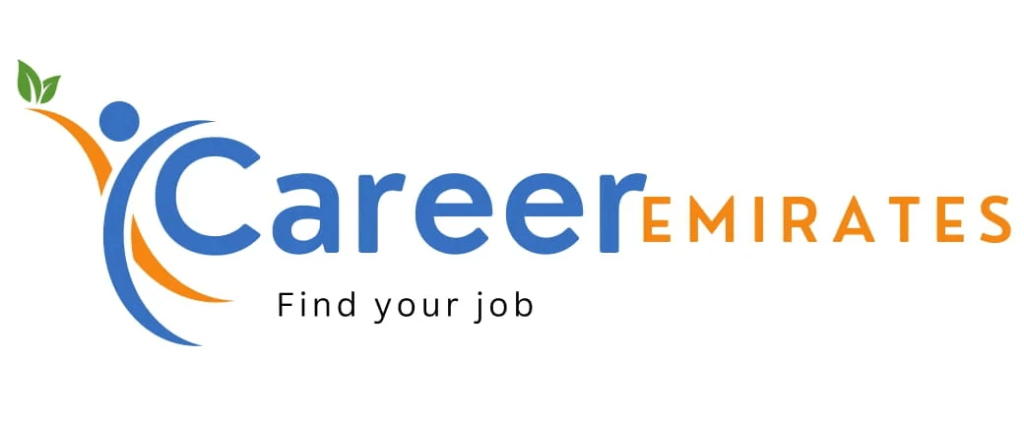jepoci9661
About Candidate
EMPOWERING NURSING THROUGH PERSON-CENTERED CARE
In today’s evolving healthcare environment, nurses play a vital role in ensuring that care extends beyond procedures and protocols. The foundation of modern nursing lies in person-centered care, where each patient’s individuality, beliefs, and experiences shape how care is delivered. This idea is deeply explored in the NURS FPX 8008 Assessment 1, which introduces nurses to the concept of integrating theory and research into compassionate, evidence-based practice. This assessment emphasizes that person-centered care requires an understanding of both clinical skills and human empathy.
BUILDING A STRONG FOUNDATION IN PERSON-CENTERED CARE
At the start of this learning journey, the emphasis is on understanding the unique needs of patients and aligning nursing interventions with those needs. The first assessment highlights how theoretical frameworks can guide a nurse’s thinking, ensuring care decisions are not just intuitive but scientifically grounded. By studying and applying these theories, nurses begin to bridge the gap between academic learning and clinical practice.
Person-centered care requires critical thinking, cultural sensitivity, and effective communication. Nurses learn to view patients as whole individuals, not merely as cases or symptoms. This foundation prepares them for more collaborative approaches that extend beyond the nurse-patient relationship.
COLLABORATION: THE HEART OF CARE EXCELLENCE
The progression continues with NURS FPX 8008 Assessment 2, which focuses on supporting person-centered collaborative care. Here, the spotlight turns to teamwork and how nurses can collaborate effectively with other healthcare professionals. By adopting an inclusive approach, nurses ensure that the patient’s voice remains central to every decision made.
Collaboration fosters safety, trust, and shared responsibility. When nurses act as patient advocates, they strengthen the link between the individual and the healthcare system. This stage challenges learners to apply leadership skills and emotional intelligence to promote teamwork that values each patient’s preferences and dignity.
IMPLEMENTING PERSON-CENTERED INTERVENTIONS
The third phase, moves from planning to action. This stage asks nurses to take their person-centered interventions forward, focusing on application and evaluation. Implementation involves identifying goals, designing strategies, and collecting data to measure effectiveness. The challenge lies not only in initiating a plan but ensuring that it aligns with patient needs and is sustainable over time.
Nurses learn how to monitor patient outcomes, adjust interventions, and engage stakeholders to sustain meaningful improvements. By emphasizing accountability and reflection, this assessment encourages nurses to transform evidence-based plans into real-world solutions that directly impact lives.
SUSTAINING IMPROVEMENT AND EVALUATION
The journey concludes with, which represents the culmination of the person-centered care framework. NURS FPX 8008 Assessment 3 This assessment focuses on sustaining improvements and integrating learned practices into larger healthcare systems. It promotes a cycle of continuous evaluation, where feedback and results inform ongoing enhancements in nursing care.
In this final stage, nurses demonstrate advanced critical thinking and leadership, ensuring their interventions lead to lasting change. They learn that person-centered care is not a single act—it’s a mindset and a continuous process of adaptation, compassion, and innovation.
THE VALUE OF A SEQUENTIAL LEARNING APPROACH
Each of the NURS FPX 8008 assessments contributes a vital piece to the overall framework of nursing excellence. This structured progression helps learners evolve from understanding the concept of person-centered care to actively implementing and sustaining it. By gradually expanding the scope—from individual care to collaboration and then system integration—nurses gain the confidence to lead change in their workplaces.
This approach ensures that learners don’t just acquire knowledge NURS FPX 8008 Assessment 4 but also develop the ability to apply it effectively. With each step, they build stronger analytical skills, a deeper sense of empathy, and a more holistic understanding of patient care.
PRACTICAL STRATEGIES FOR SUCCESS
To succeed in this program and in professional practice, nurses can adopt a few essential strategies:
Engage in reflective practice. Regularly evaluate how your actions align with person-centered principles.
Promote collaboration. Communicate openly with other healthcare professionals to ensure continuity of care.
Leverage evidence-based research. Use data and theory to justify interventions.
Respect diversity. Recognize that each patient brings unique cultural and personal contexts that influence care decisions.
Commit to lifelong learning. Person-centered care evolves—stay informed and adaptable.
These strategies not only support academic success but also help nurses strengthen their clinical effectiveness and professional identity.
CONCLUSION: TRANSFORMING NURSING THROUGH COMPASSION AND KNOWLEDGE
The NURS FPX 8008 course empowers nurses to connect theory, practice, and empathy into a cohesive model of care. Through its four assessments, learners gradually master the art of integrating evidence with compassion. They move from understanding the patient’s story to implementing and sustaining systems that respect individuality and promote well-being.
Read more:
Before delving into each assessment, it helps to see them as cumulative steps toward mastery. Assessment 2
In the journey through NURS FPX 4055 — Optimizing Population Health through Community Practice
Nursing education in modern healthcare environments is no longer limited






